Bonhoeffer, Kristalnacht, and Psalm 74:8
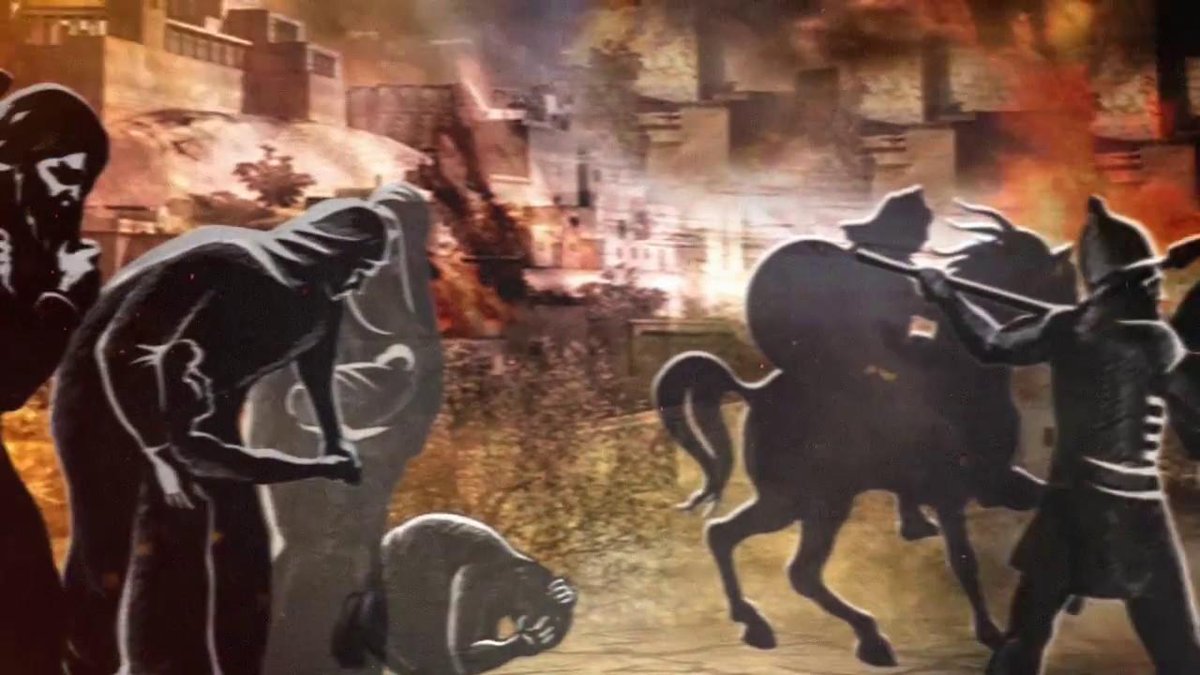
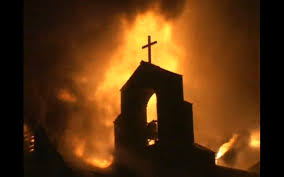
They said to themselves, “We will utterly subdue them”; they burned all the meeting places of God in the land.
-Psalm 74:8
The only time Dietrich Bonhoeffer wrote a date into his Bible, was here in Psalm 74, which was the day the Nazi’s started burning synagogues. Nov 9, 1938
-Psalm 74:8
The only time Dietrich Bonhoeffer wrote a date into his Bible, was here in Psalm 74, which was the day the Nazi’s started burning synagogues. Nov 9, 1938
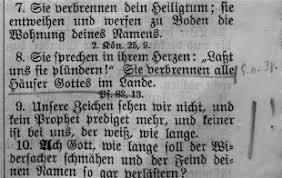
David A. R. Clark (DC):
The Sunday following Kristallnacht, Bonhoeffer had no pulpit from which to preach a sermon. He made no public comment.
He wrote a letter on Nov. 20th, in which he said, "In the last few days, I have thought much about Ps 74, Zech 2:8, Rom 9:4-5, +11:11-15.
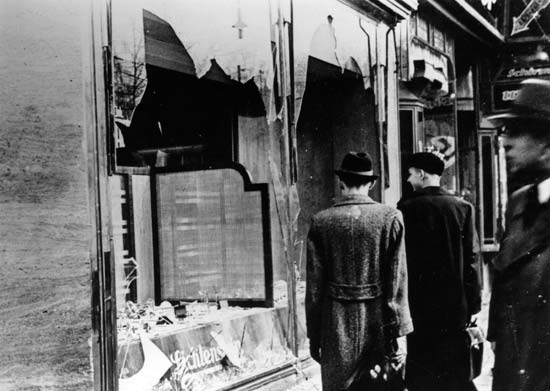
DC:
...That leads me deeply into prayer."
In 1935, Bonhoeffer delivered a lecture, "Christ in the Psalms". He considered the tension that a psalm is both the divine word of God and a human prayer to God.
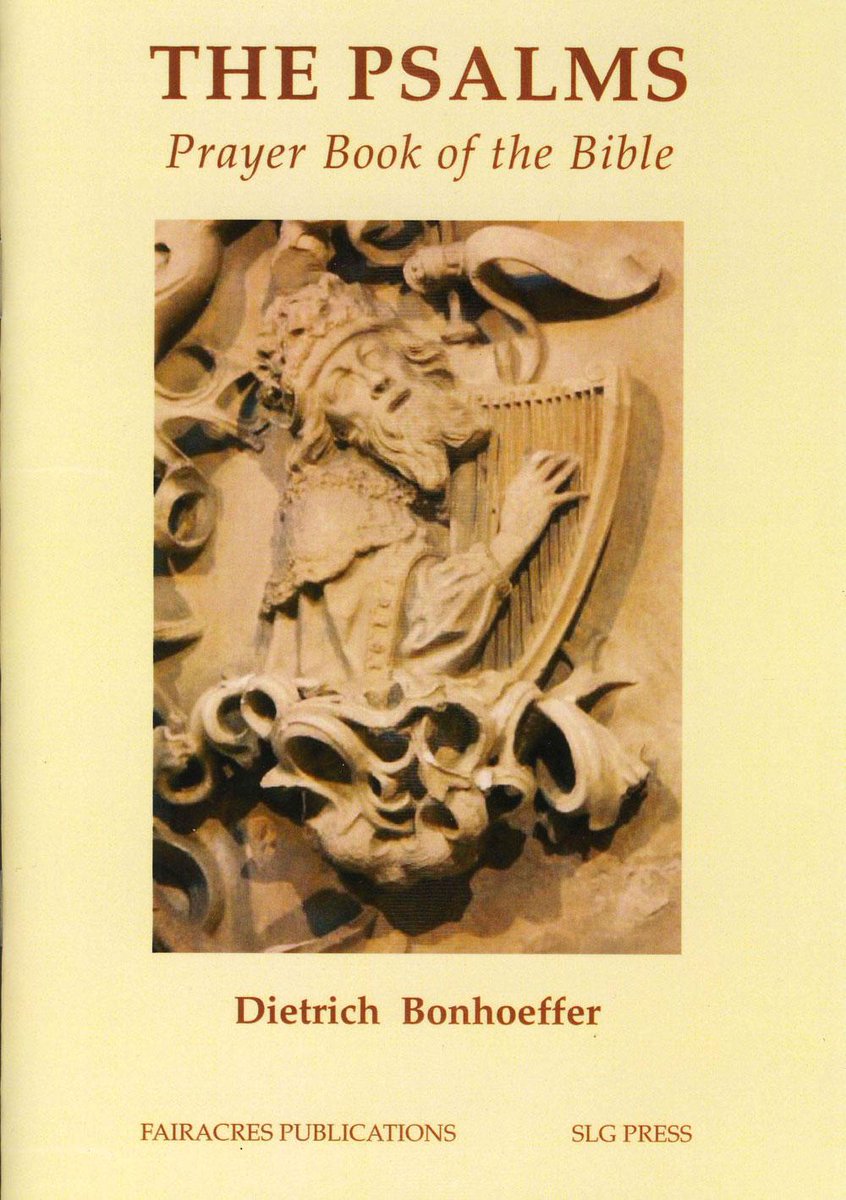
DC:
"How can the prayerful word of the church-community simultaneously also be God's word?", he asked.
"God as the one praying and God as the one answering the prayer, is only resolved in Jesus Christ."
"Christ is the supplicant in the Psalter."
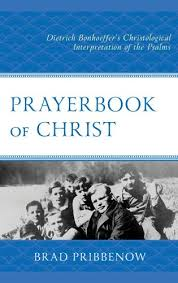
Steve and Walt Westerholm:
What matters to him the most is that Christ is to be heard in every psalm.
"The whole Psalter can be understood as the prayer of Jesus Christ."
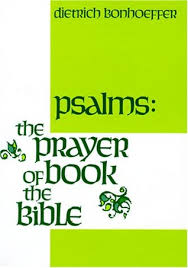
DC:
Life Together '38
Psalms: The Prayerbook of the Bible '40
The frame of reference for interpreting the Psalms becomes Christ himself, since "what becomes important now is that we understand and pray together these psalms as the prayers of Jesus Christ in his church-community." -Bonhoeffer
Life Together '38
Psalms: The Prayerbook of the Bible '40
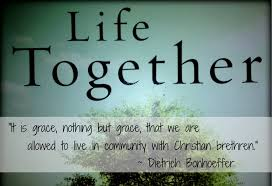
DC:
Bonhoeffer did not claim merely that certain psalms prefigure Christ or find their full meaning in Christ, but instead made the more radical claim that all psalms must be interpreted as the very prayers of Christ.
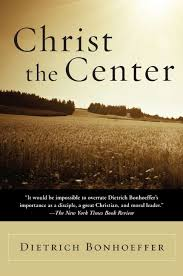
DC:
And more importantly for the purpose of analyzing his Kristallnacht annotation, Bonhoeffer emphasized the need to hear the suffering Christ as the voice speaking in the psalms of suffering, revealing Christ's presence amid contemporary suffering, lamentation and abandonment.
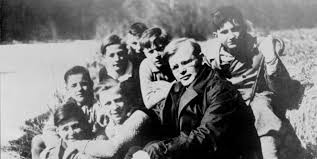
Patrick D. Miller, Bonhoeffer and the Psalms:
"There came to [Bonhoeffer] this shattering awareness of the loneliness of the despairing Jews in the pogrom over 2000 years before when the Babylonians destroyed the temple and deported the people",
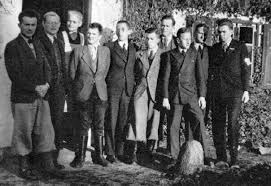
PM:
"the burden of a solidarity he felt with the despairing cries of the Jews on that Crystal Night of the later pogrom."
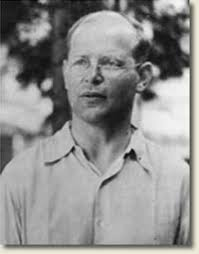
Barry Harvey, Taking Hold of the Real: Dietrich Bonhoeffer and the Profound Worldliness of Christianity:
"Bonhoeffer uses figural exegesis to posit a real connection grounded in the revelatory activity of God in Christ btween the people and events narrated in the Old Testament..
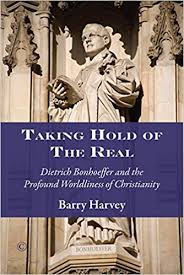
BH:
...and those in the Germany of his day. Through these interpretations he endeavors to show the way that these people and events, separated in time and space, nonetheless belong together as two aspects of a single economy or pattern orchestrated around the one...
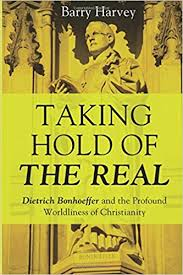
BH:
...divine utterance made in Christ. Though events never repeat themselves identically, there is the contention that a nonidentical repetition is at work in God's redemptive activity in the world, a repetition articulated through typological interpretation."
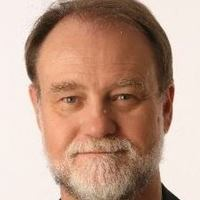
Quoting Jeremy Worthen, Praying the Psalms
DC:
DC:
"When Bonhoeffer reads Psalm 74 in the context of Kristillnacht, the subject of the psalm is not merely 'some ancient Israelites', but indeed, 'might be extended to include the Jewish people', of 1938."
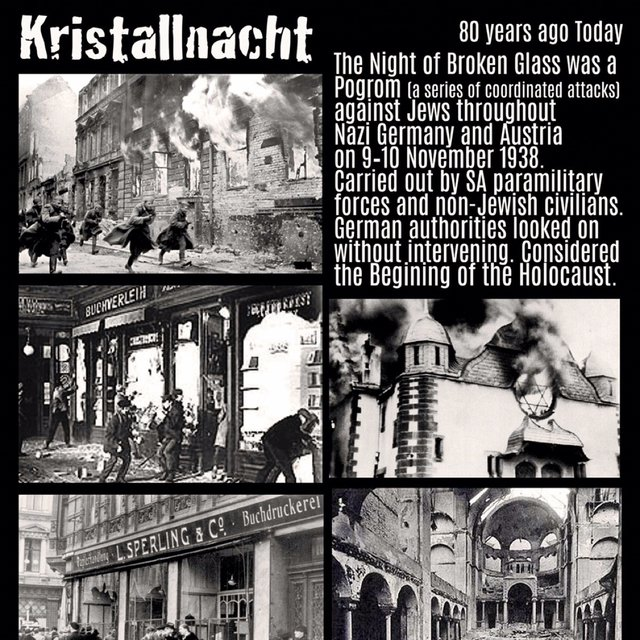
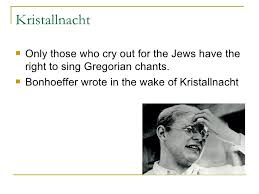
Comments
Post a Comment